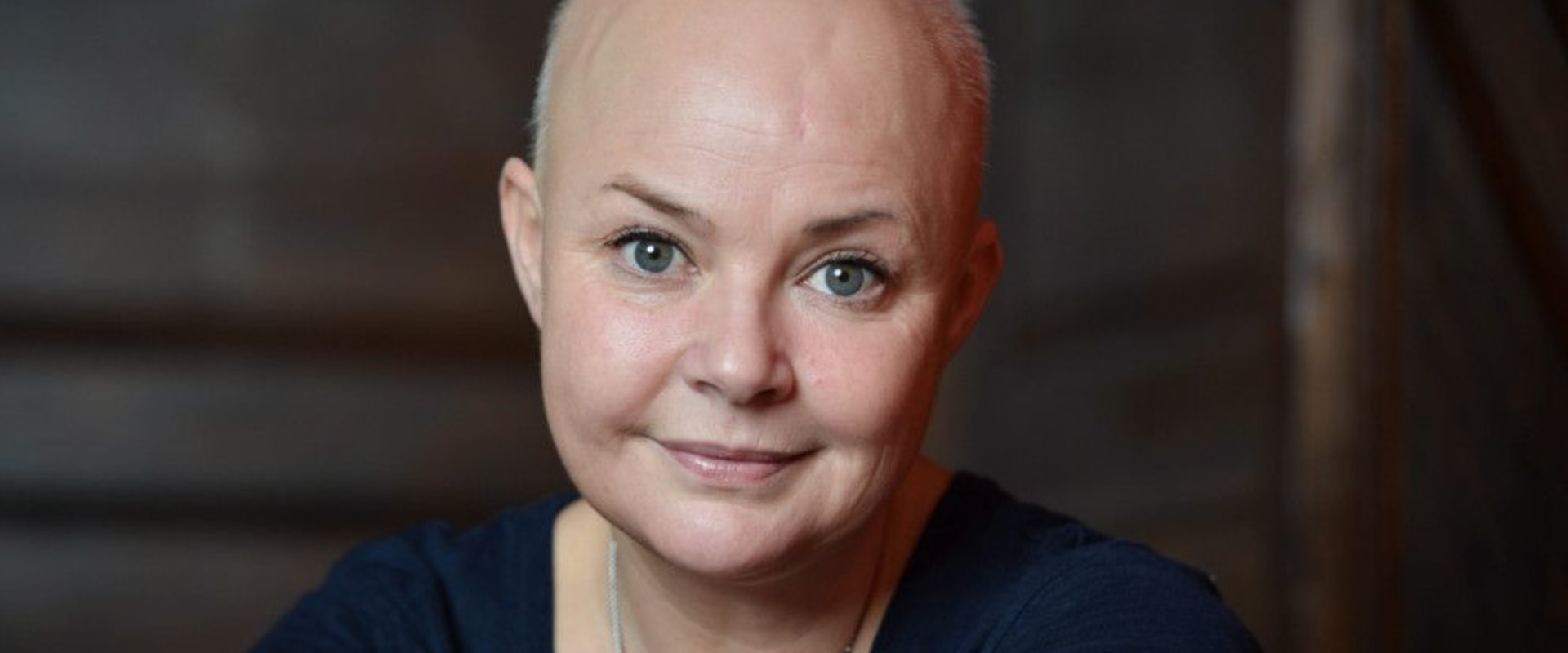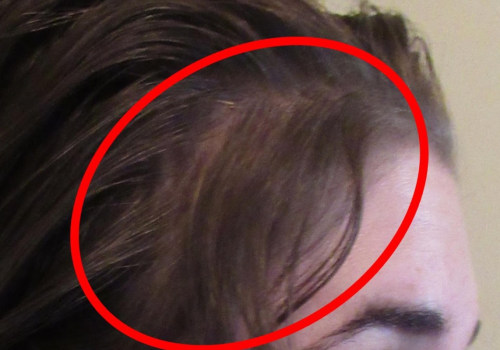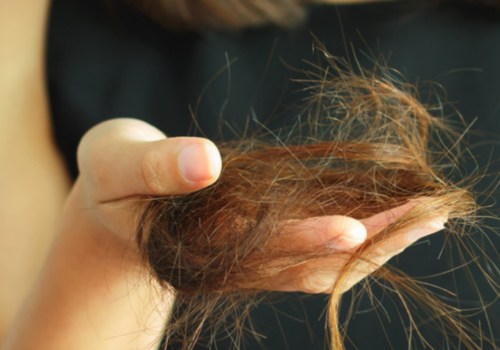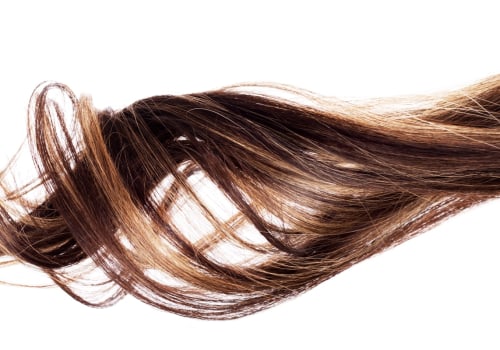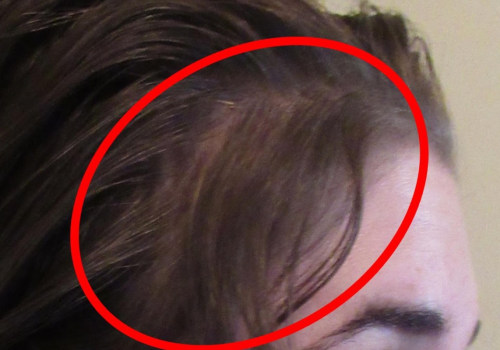You may see more hair thinning with weight loss. This temporary form of hair loss is known as telogen effluvium. Fortunately, hair loss from weight loss is usually temporary and will usually grow back once you eat an adequate amount of protein again. So can hair grow back after a period of malnutrition? The answer is yes.
Diet-related hair loss can be recovered as long as the patient resumes a proper diet, remains stress-free and maintains a healthy scalp environment. However, it may take some time depending on your age, genetic makeup, and other factors. Drastically restricting calorie intake means you may not get enough essential nutrients, such as protein, fatty acids, and zinc. These deficiencies, especially if maintained over a period of time, can lead to a type of hair loss called telogen effluvium.
The good news is that this condition is usually reversible, so adopting healthier, less restrictive eating habits will allow hair to grow back. In some cases, weight loss can lead to side effects, including hair loss. Both the body and the hair follicles react to the physical stress of severely reduced calories or lack of necessary nutrients. When the body is denied nutrients, especially proteins, it stops hair production to save nutrients in order to preserve vital organs.
Mass detachment does not happen immediately. In some cases, people notice that their hair loss worsens after they stop intense dieting. It can take up to a year for lost hair to grow back, as they have to go through a resting phase after massive hair loss. Extreme weight loss can also result in increased production of male sex hormones called androgens.
These hormones are meant to kill hair follicles. Once the hair follicles are destroyed, there is no chance that it will grow back. Your body needs adequate calories and protein to feed the hair follicles. According to some experts, the more weight you lose, the more likely you are to experience some degree of hair loss.
Losing and regaining weight for many years can affect your metabolism and hair growth. Some people may experience hair loss within 3 to 6 months of starting diets (e.g. In general, a balanced and healthy diet should reverse hair loss within six months. Protein is essential for hair growth, so a lack of healthy protein in the diet can lead to breakage of hair strands that are resistant to growth.
For people with hair loss, iron supplements in the form of ferrous fumarate at 320 mg may be recommended. One of the most common causes of hair loss is malnutrition, when the human body does not receive the vitamins, minerals and nutrients it needs to function properly. Telogen effluvium is the condition in which the number of hair follicles producing hair decreases significantly and there is an increased latent phase resulting in massive shedding. But too much of this micronutrient present in the body, called vitamin A toxicity, can cause hair loss along with a host of other unpleasant symptoms.
In addition, deficiencies in specific amino acids, such as histidine, leucine, valine, and cysteine, are common in people with hair loss. Hair loss during or after weight loss can be caused by several factors, including nutrient deficiencies. You can take your current diet, make some small changes, and your hair could start to grow back in months. For example, nutrient deficiencies and extreme calorie restriction can lead to serious health consequences, such as iron deficiency anemia, muscle loss, and more.
On average, a healthy person can lose 50 to 100 hairs a day, but a malnourished patient can observe that his hair is thinning and the process of hair loss is accelerated. In addition to causing hair loss, iron deficiency anemia can lead to impaired brain function, infertility, heart disease, depression, and impaired immune system function (1.At any given time, about 80 percent to 90 percent of hair follicles are growing hair and are in what is known as the anagen phase. Deficiencies in iron, zinc, protein, selenium and essential fatty acids have been linked to hair loss (13,. Poorly planned diets, such as fast diets, can cause deficiencies in essential fatty acids, zinc, protein, and calories in general, all of which can lead to hair loss (.
. .
